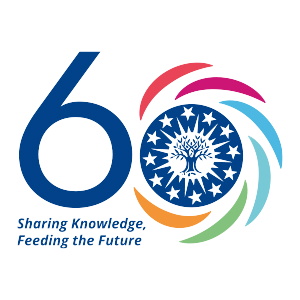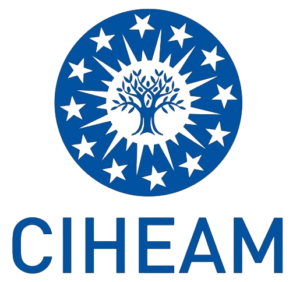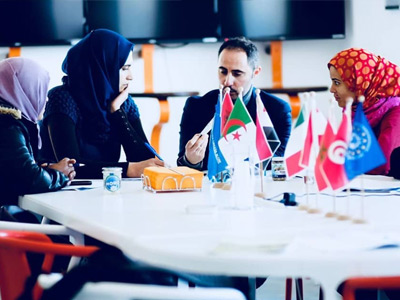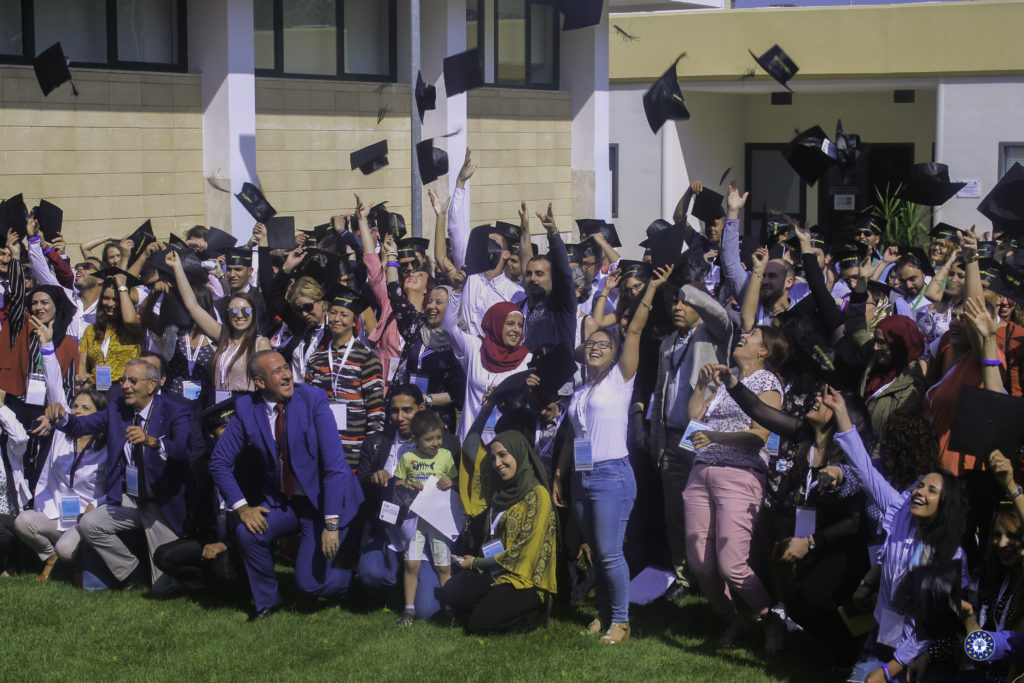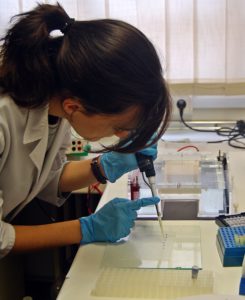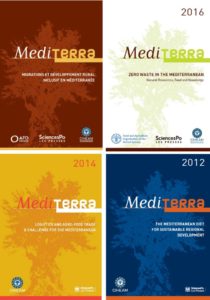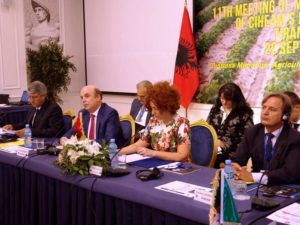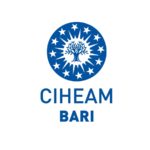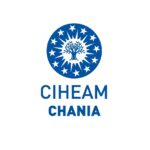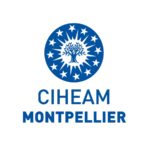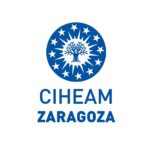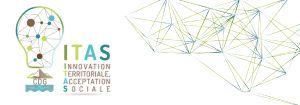
Innovation Territoriale, Acceptation Sociale
// ITAS //
October 2017 - September 2020
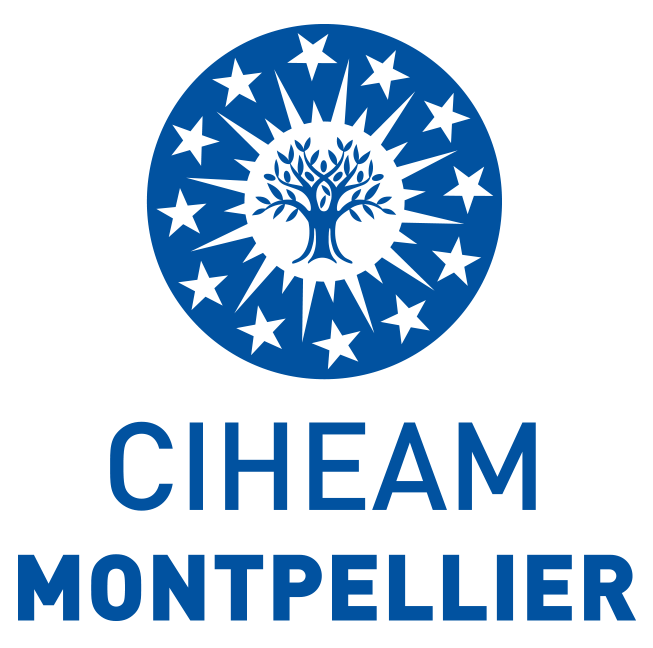
This project involves The CIHEAM Montpellier institute
Project Summary
Les centres de gestion connaissent, en raison des évolutions législatives, de forts enjeux de développement. Ils souhaitent ainsi intégrer ces changements dans leur fonctionnement et mener, sur une échelle régionale, des réflexions sur de nouveaux modes de coordination et dessiner de nouvelles collaborations. Les centres de gestion sont au cœur d’une dynamique d’impulsion de l’innovation pour satisfaire non seulement des besoins territoriaux spécifiques à la gestion des ressources humaines, besoins existants, mais aussi nouveaux besoins, avec des recettes financières constantes. La méthode proposée pour aborder ces évolutions repose sur cinq étapes qui seront déroulées sur les trois années du programme :
Etape 1 - Définition des besoins : Ce travail initial mobilise les parties prenantes afin d’identifier leurs besoins, leurs objectifs et leurs périmètres d’action. Ce diagnostic initial vise à identifier en particulier si les facteurs montagneux constituent des contraintes, des potentiels ou les deux à la fois.
Etape 2 - Première concertation : Cette étape est le premier temps de travail où tous les acteurs du programme sont rassemblés pour prendre connaissance des premiers éléments d’analyse. L’objectif est de :
- - Fournir à toutes les parties prenantes la même information,
- - Ouvrir un dialogue concerté sur l’innovation territoriale et son acceptation sociale.
Etape 3 - Modélisation : Cette étape comprend à la fois un travail individuel et un travail collectif. Le travail individuel repose sur l’administration d’enquêtes auprès de chaque Centre de gestion. Sa finalité est de recueillir des informations fiables et pertinentes pour construire une modélisation fonctionnelle paramétrable (afin de tester ultérieurement différents scénarios). Le travail collectif repose sur une discussion des résultats individuels synthétisés. Sur cette base, un état des enjeux, des contraintes et des opportunités de développement de la nouvelle structure régionale des Centres de gestion sera présenté, analysé et débattu. Ces échanges conduiront à identifier des hypothèses d’organisation, de gouvernance et de mutualisation qui seront étudiés au moyen du modèle fonctionnel développé.
Etape 4 - Etude des alternatives : Les hypothèses, les résultats et les paramètres de la modélisation sont présentés à toutes les parties prenantes pour analyser, commenter et discuter les résultats obtenus par rapport aux différents contextes (dont la montagne). Ces échanges ont pour objet de recueillir les avis et les critiques pour identifier les points de consensus et les points de divergences entre les parties prenantes. Sur cette base, d’autres hypothèses seront testées pour répondre aux attentes et aux exigences des parties prenantes. Un ou plusieurs scénarios montagne seront étudiés.
Etape 5 - Evaluation : Les résultats de l’étape 4 permettront d’évaluer les effets et les impacts de chaque stratégie de gouvernance et de mutualisation sur l’organisation régionale et territoriale des Centres de gestion.
Ce travail a pour finalité de permettre aux Centres de Gestion d’adopter de nouveaux modes de travail et de coopération. Ses résultats permettront d’améliorer et d’anticiper l’action des politique publiques sur :
- - La gestion des ressources humaines de la fonction publique territoriale afin qu’elle soit adaptée aux besoins des employeurs publics locaux dans le cadre de l’aménagement d’un territoire et plus particulièrement en zone de montagne,
- - Le développement local durable,
- - Le maintien de la proximité et de l’égalité d’accès au Service Public,
- - L’emploi et le maintien des populations, en favorisant l’égalité des chances des femmes, des hommes et des territoires,
- - Les modes de faire valoir du bien-être territorial.
Coordinator
Fédération Nationale des Centres de Gestion (FNCDG) - FranceSource of funding : Centres de Gestions partenaires, FNADT, Europe FEDER Massif Central, région Occitanie, les conseils Départementaux de : Aude, Lozère et Tarn
Programme and Contact references : Charles GILLET, chercheur IAMM ; Emmanuelle ABINAL, Directrice Générale des Services CDG48
Total budget : 320 000,00 €
Partners :
- CIHEAM-IAMM - France
- CDG Ariège et Aude, Aveyron, Corrèze, Côtes d’Armor, Creuse, Haute-Garonne, Gers, Hérault, Isère, Lozère, Meurthe et Moselle, Hautes-Pyrénées, Pyrénées-Orientales, Tarn, Vosges - France

